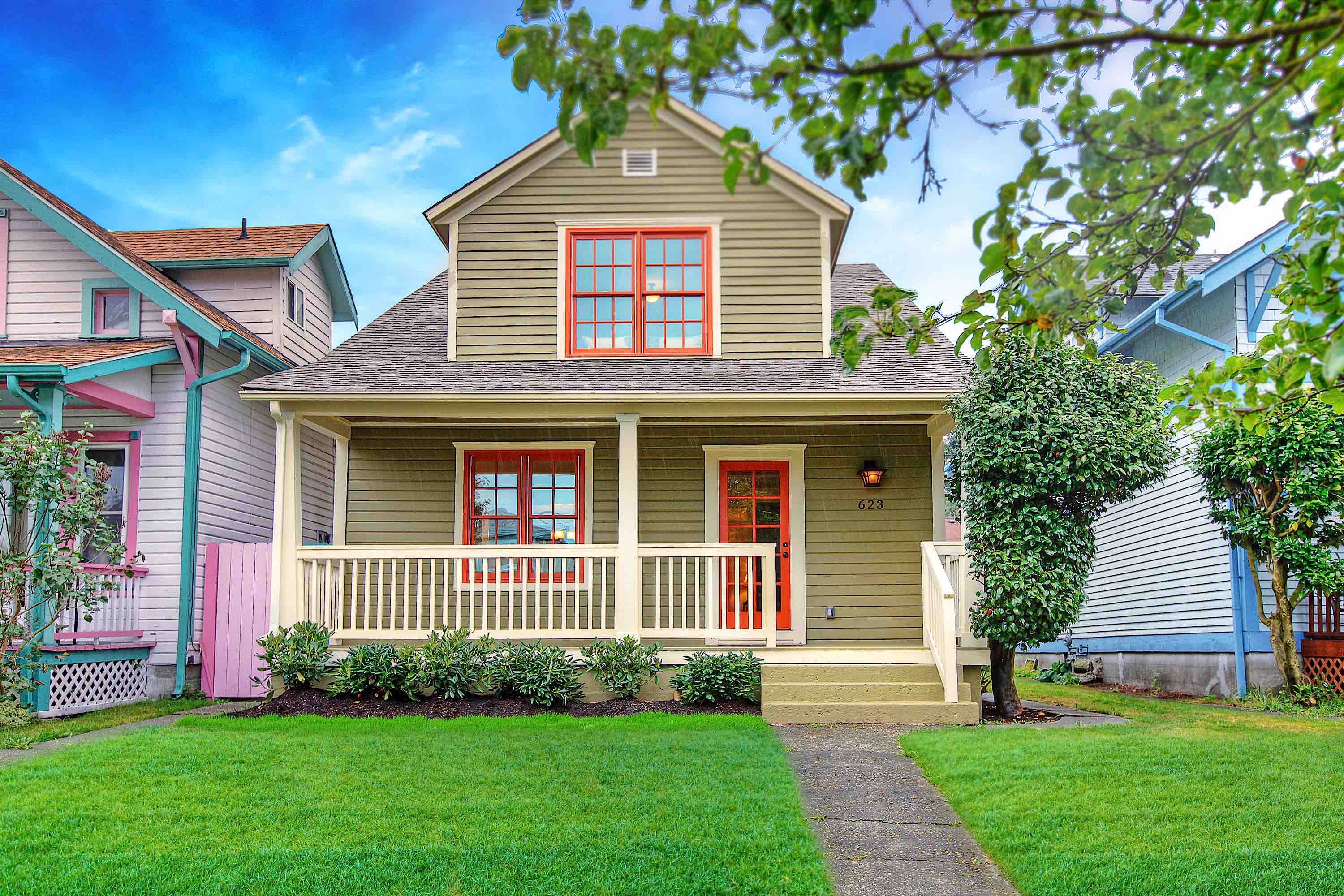There are obvious attractions to both condos and single-family homes, especially for real estate investors. So which is the better choice?
The Pros and Cons of Investing in Condos
Condo buildings, town-homes, and even single-family homes in communities with HOAs can be very attractive to real estate investors. However, they also have a few quirks that newer real estate investors may not be prepared for. So what are the real advantages and disadvantages of this type of property?
The Pros:
1. Condo Rules: Condominium buildings and other homeowners associations have a very precise set of rules, and a lot of power in enforcing them. This can be a great asset for many real estate investors. It helps the neighbors from painting their properties awful colors, or turning their lawns into used car lots, which can devalue the investment property.
2. Cost: The costs of maintaining and holding a condo or HOA property as an investment can be lower. Often times, the association handles insurance for the exterior of a property, as well as including lawn service, community pools, and sometimes even cable TV, and some utilities. Condos are generally cheaper than single-family homes too. Yet, the rental rates aren’t necessarily that different based on square footage.
3. Management: Having professional property management in place to maintain exteriors and take care of communal property means that management of rentals in these communities can be much easier. This is a great perk for out of area investors and owners that don’t have time to come check if the grass is mowed, or if their a code violations stacking up.
The Cons:
1. Financing Restrictions: One snag that often derails many new real estate investors are the financing restrictions that can come with buying, refinancing, and selling a condo. Some lenders hate loaning on condos with a passion, and at least might charge significantly more to borrowers. Many will also have certain requirements for the community and building to meet, including solvency, maximum number of investor owned units, and not having any pending lawsuits.
2. Rules: The same sets of rules which can help investors preserve their asset values can also be detrimental. There are often rental restrictions, the need for new buyers and renters to be approved, and other conditions which can make it a real pain for investors to own and profit from these types of properties. Dig deep into the condo docs before buying.
3. Costs: HOA fees and condo dues can get really expensive. Nicer communities have equally higher fees. When there are a lot of extra services, the numbers may not work in terms of cash flow. However, what is most dangerous, and why many investors refuse to buy condos, are special assessments. These are demands for money by the condo board. They may be for repairs or property improvements. Imagine getting an extra bill for $25,000 or more next month! If you can’t pay, you could lose your investment to foreclosure, and few may want to buy in a building with a large assessment pending. Normally, sellers will have to pay this amount before selling.
The Pros and Cons of Investing in Single_Family Homes
Single-family homes have appeared far more popular with all types of real estate investors over the last decade. So speaking specifically of homes that are not in HOA communities; what are the benefits or negatives of investing in a regular home?
The Pros:
1. Freedom: Single-family homeowners have far more freedom in remodeling and renting their properties, and so do their tenants. That’s a huge plus when it comes to marketing, and for the ability to add value during any market cycle.
2. Financing: Financing is a lot easier on single-family homes. Lenders prefer them, they make the process easier, and the rates are better. That’s a big plus when it comes time to resell.
3. Easier to Rent & Sell: It is also easier to advertise on the property, host better open houses, and speed prospects through the process without jumping through association hassles.
The Cons:
1. Lack of Rules: The lack of condo and association rules can be a problem. If neighbors do wild things with their properties, it can impact your property value. This is where local code enforcement can help in making sure neighbors meet minimum standards of maintenance and appearance.
2. More Property Maintenance: As a single-family home owner, you are on the hook for everything. If trees blow down, the roof needs pressure washing, AC goes out, plumbing busts, and the grass needs cutting; it’s all on you.
3. Cost: Single-family properties are general more expensive than condos. To own a real home in San Francisco, New York City, or Miami Beach, you’ll have to have a lot more cash.
What will you invest in?






